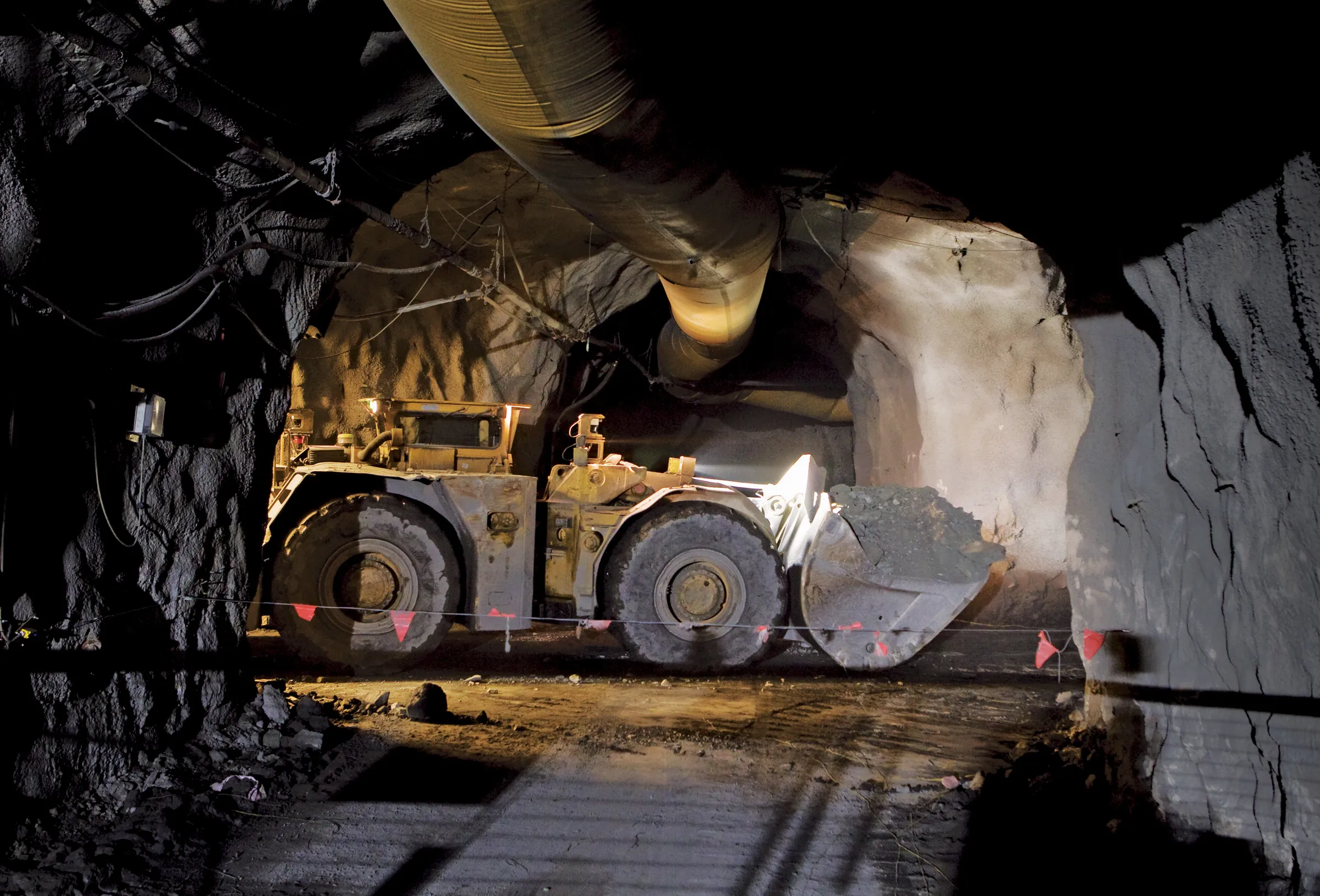March 10, 2023
Autonomous machines may not feel like an obvious driver of sustainability, but as our roundtable of experts from Cummins, Trimble, and Volvo explains, non-operated technology is helping leading contractors around the world reduce their carbon footprints and improve their on-site safety records. It’s a win-win situation … and then, of course, there’s the thorny question of powertrain suitability.








